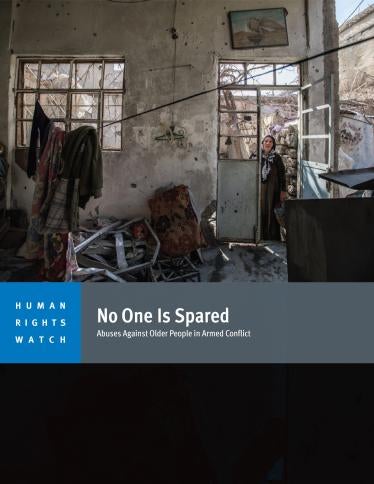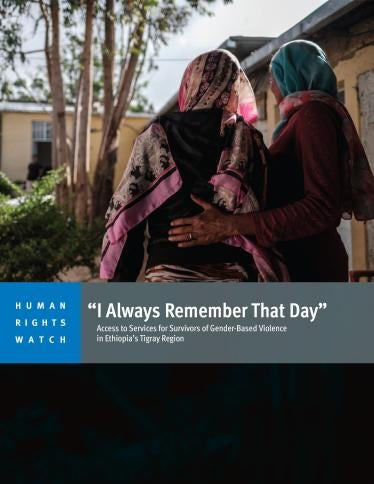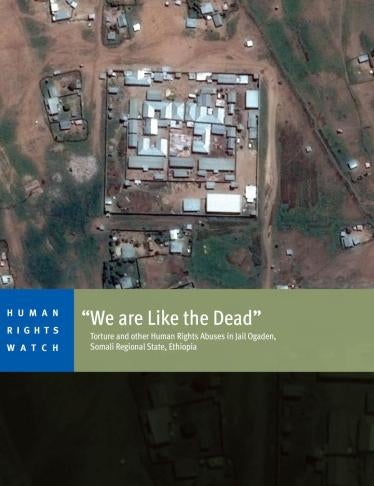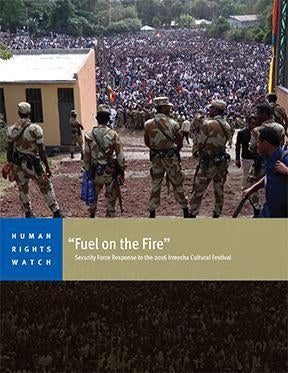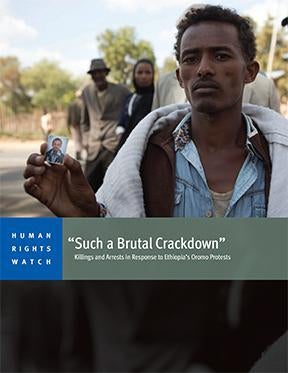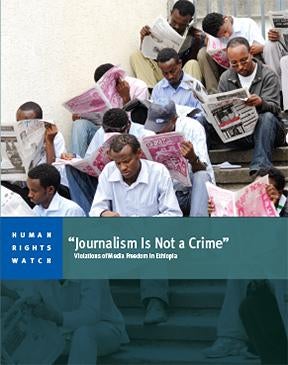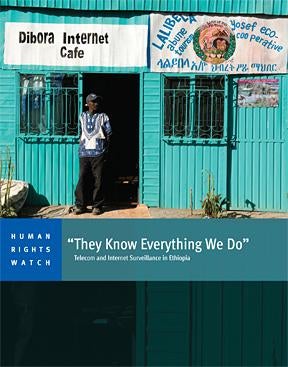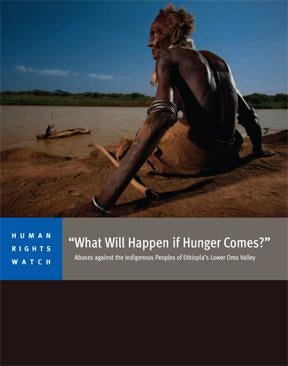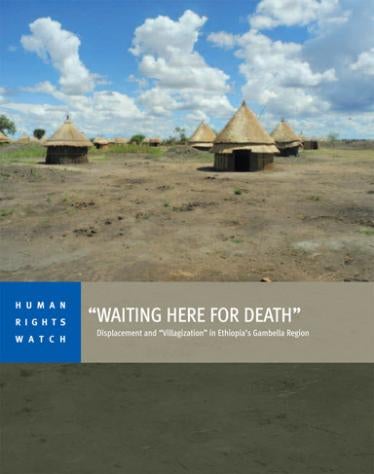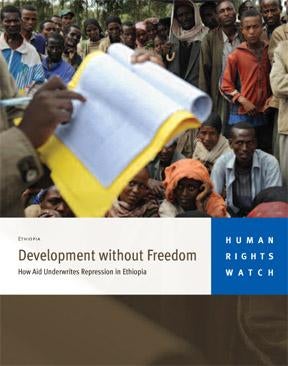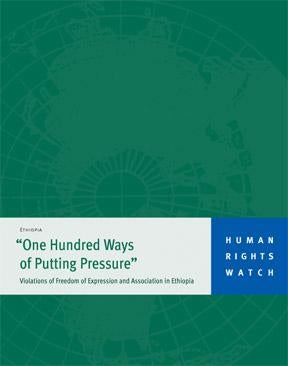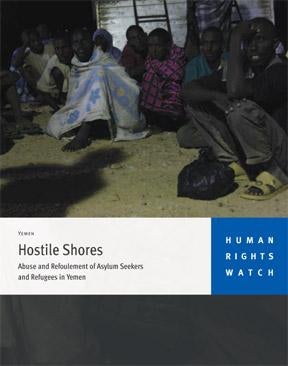“If the Soldier Dies, It’s on You”
Attacks on Medical Care in Ethiopia’s Amhara Conflict
The 66-page report, “‘If the Soldier Dies, It’s On You’: Attacks on Medical Care in Ethiopia’s Amhara Conflict,” documents how Ethiopian federal forces and a government-affiliated militia have attacked medical workers, healthcare facilities, and transports in at least 13 towns since the outbreak of fighting between Ethiopian federal forces and Amhara militia known as Fano in August 2023. Ethiopia’s international partners should call for accountability and an end to attacks on healthcare and should resume increased scrutiny of the rights situation in the country.



